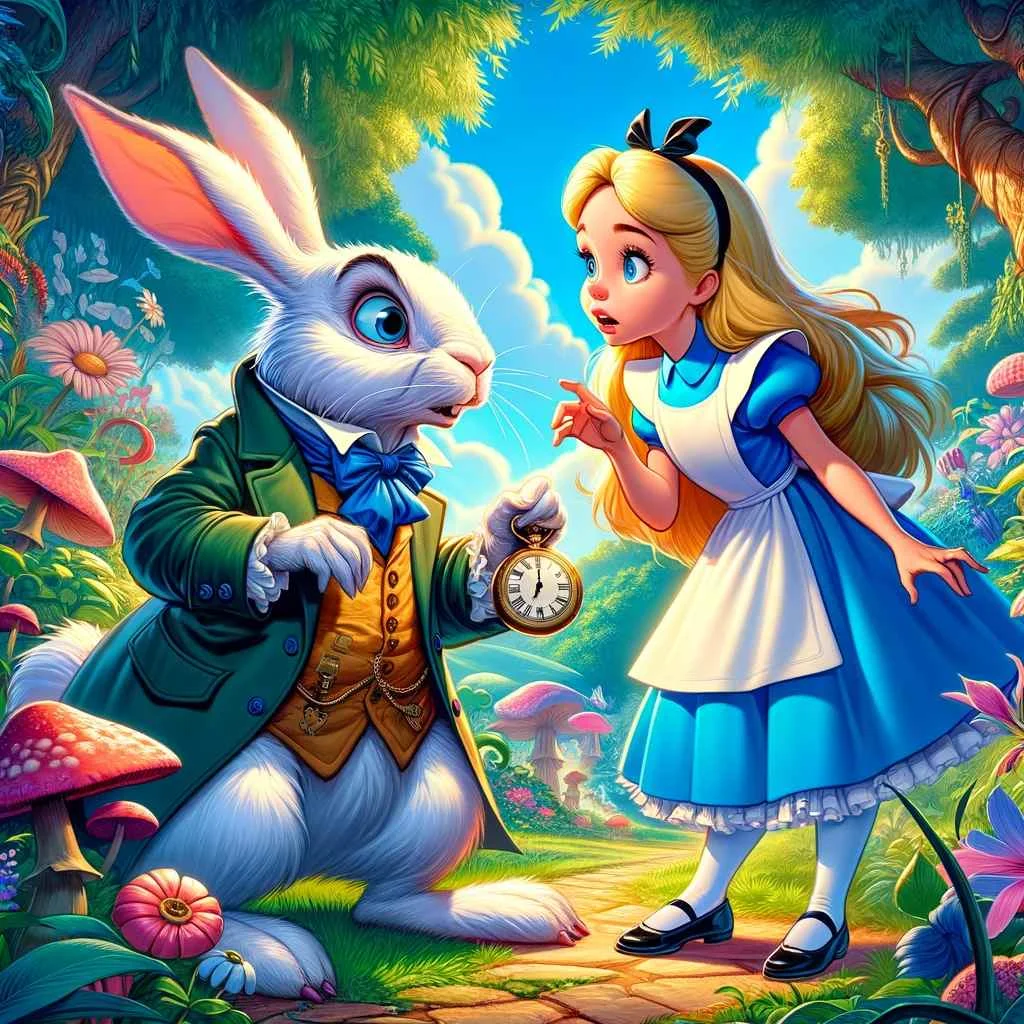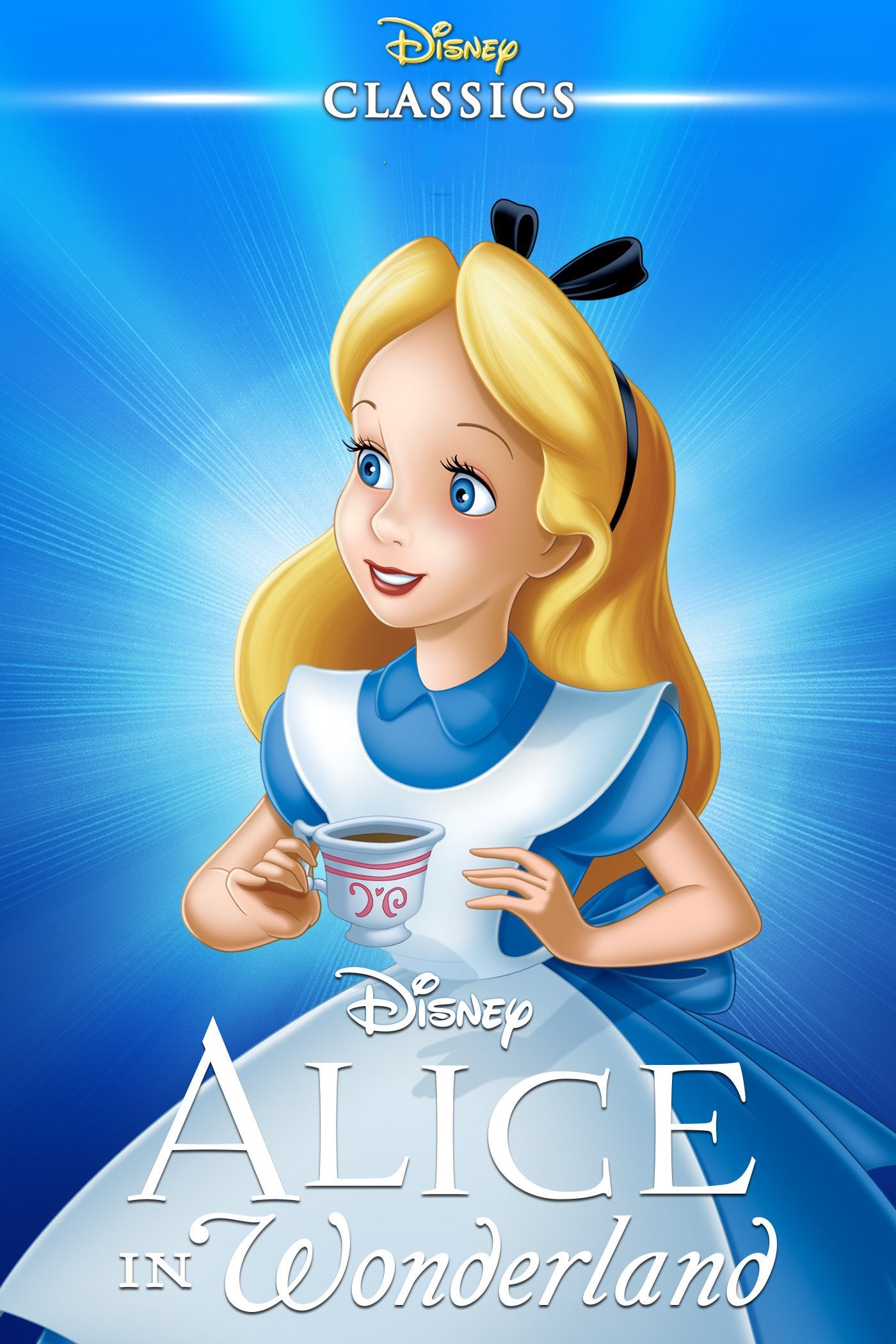What Is Alice Cooper's Genre Of Music? Unpacking The Shock Rock Icon's Sound
Ever wondered what kind of music Alice Cooper actually plays? You're certainly not alone in that, you know. For decades, this legendary performer has captivated audiences with his unique blend of theatrical horror and rock 'n' roll, leaving many to ponder just how to label his distinctive sound. It's a question that, frankly, pops up quite a bit when people talk about music icons who truly break the mold.
His stage name, "Alice Cooper," itself brings to mind a certain uniqueness, doesn't it? Much like how the name "Alice" can be found in discussions about specific, rather innovative keyboard layouts, or used by intriguing game developers like AliceSoft, or pondered in chemistry as a representation for something pure like aluminum, as some might wonder, his musical identity is similarly multifaceted. He's not just one thing; his artistry, you see, stretches across several musical ideas, making it a bit tricky to pin down.
So, if you've been curious about where his music fits in the grand scheme of rock history, you've definitely come to the right place. We're going to take a closer look at the different sounds that have shaped his incredible career, giving you a clearer picture of his lasting impact. It's really quite a story, actually.
Table of Contents
- The Man Behind the Makeup: Vincent Furnier's Journey
- Personal Details & Biography
- Shock Rock: Forging a New Path
- Hard Rock Roots and Evolution
- Glam Rock Elements: Style and Substance
- Heavy Metal Influences and Later Work
- Beyond the Labels: Alice Cooper's Enduring Appeal
- Frequently Asked Questions About Alice Cooper's Music
- The Lasting Echo of a Genre-Bending Legend
The Man Behind the Makeup: Vincent Furnier's Journey
Before he became the iconic Alice Cooper, there was Vincent Furnier, a young man from Detroit, Michigan, with a rather distinct vision for rock music. His journey began in the mid-1960s, forming a band that would eventually adopt the name Alice Cooper. This wasn't just a band name, though; it quickly evolved into the stage persona for Furnier himself, blurring the lines between the artist and the art. It's quite fascinating, how that transformation happened, really.
The band, originally known as The Spiders and then The Nazz, eventually landed on Alice Cooper, a name they reportedly got from a Ouija board session, though that story is, you know, part of the legend. Their early sound was a bit more psychedelic, a little raw, and very much influenced by the burgeoning rock scene of the late sixties. They were, in some respects, experimenting with what rock could be, both musically and visually. This initial phase, while not yet fully formed, laid the groundwork for the spectacle to come.
It was their move to Los Angeles and their connection with Frank Zappa that really started to shape their unique identity. Zappa saw something different in their chaotic, theatrical performances, something that, honestly, wasn't like anything else around. This partnership helped them refine their sound and, perhaps more importantly, their outrageous stage show, setting the stage for what would become known as shock rock. So, it really was a pivotal moment for them, giving them the push they needed to truly stand out.
The early years saw them develop a reputation for outlandish live performances that often involved audience participation and, occasionally, controversy. This wasn't just about playing songs; it was about creating an immersive, often unsettling, experience for everyone present. They were, basically, challenging the traditional concert format, aiming to provoke and entertain in equal measure. This daring approach, you see, quickly made them a band to watch, even if some people didn't quite know what to make of them.
By the early 1970s, with albums like "Love It to Death" and "Killer," Alice Cooper solidified his place as a major force in rock. The band's sound became tighter, more focused, and their stage show grew even more elaborate, featuring props and stunts that became their trademark. This era, in a way, truly defined what Alice Cooper would become: a master of combining hard-hitting music with genuinely shocking theatricality. It was, arguably, a formula for success that no one else had quite perfected.
Personal Details & Biography
| Full Name | Vincent Damon Furnier |
| Known As | Alice Cooper |
| Born | February 4, 1948 |
| Birthplace | Detroit, Michigan, U.S. |
| Occupations | Singer, Songwriter, Actor |
| Genres | Shock Rock, Hard Rock, Heavy Metal, Glam Rock |
| Years Active | 1964–present |
| Spouse | Sheryl Goddard (m. 1976) |
| Children | 3 |
| Notable For | Pioneering shock rock, theatrical stage shows, iconic persona |
Shock Rock: Forging a New Path
When you talk about Alice Cooper, the term "shock rock" is usually the first thing that comes to mind, and for good reason, you know. He didn't just play music; he created an entire experience, a macabre circus that pushed boundaries and, frankly, sometimes even scared parents. This genre, which he basically invented, combines hard rock music with theatrical, often grotesque, stage performances that include fake blood, guillotines, electric chairs, and snakes. It was, quite simply, revolutionary for its time.
The visual spectacle was, in a way, as important as the music itself. Songs like "I'm Eighteen" and "School's Out" became anthems, but their impact was amplified by the disturbing yet captivating imagery that accompanied them live. This wasn't just a concert; it was a show, a piece of performance art that challenged societal norms and, rather cleverly, satirized the darker side of American life. His approach, you see, was very much about provocation and entertainment all at once.
The shock rock element allowed Alice Cooper to explore themes that other rock bands might shy away from, like rebellion, horror, and social commentary, all wrapped up in a package that was both terrifying and incredibly fun. It's a style that, apparently, continues to influence countless artists today, proving its lasting power. So, in many ways, he truly did forge a new path for rock music, creating a blueprint for others to follow.
His early performances were notorious for their confrontational nature, sometimes leading to bans or protests. This controversy, ironically, only fueled his fame, drawing more attention to his unique brand of entertainment. He understood, quite early on, the power of spectacle and how it could

Alice in Wonderland - Alice in Wonderland (2010) Photo (16094071) - Fanpop

Alice in Wonderland Short Story - Dream Little Star

Alice in Wonderland (1951) Gratis Films Kijken Met Ondertiteling